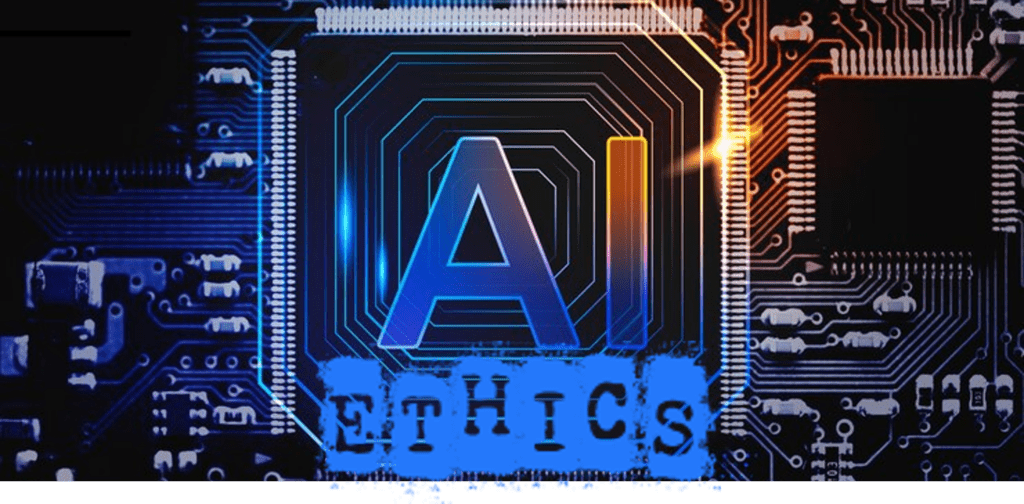Introducing AI, or Artificial Intelligence, into jobs raises important ethical and social issues that we must consider carefully. One big worry is that AI might take over some jobs, leaving people without work and increasing inequality. Another problem is that AI can be biased or unfair, especially in hiring people or how they are treated at work. AI also often needs a lot of personal information, making people feel like their privacy is being invaded. Also, as AI takes on more roles, it could affect people’s mental health and change how we work, with less human interaction and decision-making. It’s essential to ensure that as we use more AI, we do it fairly and reasonably for everyone.
Importance of privacy in AI-enhanced workplaces
Consider a scenario where an AI system tracks every aspect of your workday. While this may optimize productivity, it raises serious concerns about collecting sensitive personal information and protecting against unauthorized access to data. The right to privacy is a cornerstone of workplace ethics. AI tools must adhere to strict data handling and transparency protocols to respect this right, ensuring that personal privacy is not compromised for efficiency. Users and those looking at integrating AI into the workplace should consider how data used by AI is collected, stored, and processed.
Ethical implications of job replacement by AI
The advancement of AI brings the capability to automate tasks, potentially leading to replacing jobs with technology. For example, the introduction of AI chatbots in customer service can result in the loss of jobs. It’s essential to recognize that the efficiency gained by AI must be balanced with the ethical need to support those whose jobs are displaced, possibly through retraining programs or job placement services.
Preventing bias and discrimination in AI decision-making
If trained on biased historical data, an AI system designed for hiring could unknowingly favor certain groups over others. It is crucial to continually assess and adjust AI decision-making processes to prevent bias and discrimination. This ensures everyone has a fair chance, and AI systems do not become a tool that reinforces or perpetuates prejudices.
Economic and social concerns related to AI’s impact on the workforce
Integrating AI into various sectors could exacerbate income inequality, especially as low-skilled positions become more susceptible to automation. This potential increase in economic disparity makes it clear that the implications of AI are not only individual concerns but also collective societal ones. Policymakers and business leaders must address these implications, ensuring that AI advances do not deepen existing divides.
The role of humans in an AI-enhanced workforce
When AI assumes a significant role in decision-making processes, such as in hiring, there’s a risk that the unique human perspective could be lost. For instance, an AI might miss out on the interpersonal skills or cultural fit that a human interviewer would notice. This underscores the importance of maintaining human judgment to complement AI, striving for a harmonious relationship where human insight and technological efficiency are valued.
For those about to embark on their careers, these issues are more than academic; they’re practical realities that will shape the future of work. Integrating AI in the workforce is not solely a matter of technological advancement; it’s about ensuring that progress includes ethical considerations, social responsibility, and economic foresight.
